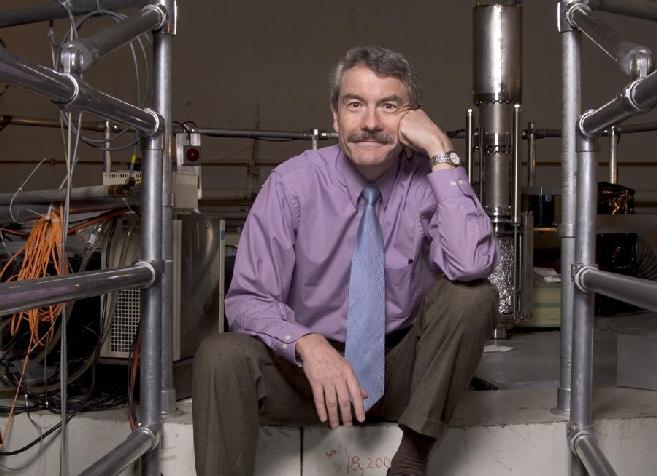
Plasma Science and Fusion Center at the Massachusetts Institute of Technology in
Cambridge, Massachusetts (Image from the MIT website)
(Ian Hutchinson, Monopolizing Knowledge: A Scientist Refutes Religion-Denying, Reason-Destroying Scientism [Belmont, MA: Fias Publishing, 2011], 1-3)
Hutchinson quotes from The Counter-Revolution of Science (1952), by the Nobel laureate economist F. A. Hayek (1899-1992; with whom, as I’ve noted earlier, I had the privilege to spend some time in Scotland back in 1976):
During the first half of the nineteenth century a new attitude made its appearance. The term science came more and more to be confined to the physical and biological disciplines which at the same time began to claim for themselves a special rigorousness and certainty which distinguished them from all others. Their success was such that they soon came to exercise an extraordinary fascination on those working in other fields, who rapidly began to imitate their teaching and vocabulary. Thus the tyranny commenced which the methods and technique of the Sciences in the narrow sense of the term have ever since exercised over the other subjects. These became increasingly concerned to vindicate their equal status by showing that their methods were the same as those of their brilliantly successful sisters rather than by adapting their methods more and more to their own particular problems. And, although in the hundred and twenty years or so [prior to 1952], during which this ambition to imitate Science in its methods rather than its spirit has now dominated social studies, it has contributed scarcely anything to our understanding of social phenomena, not only does it continue to confuse and discredit the work of the social disciplines, but demands for further attempts in this direction are still presented to us as the latest revolutionary innovations which, if adopted, will secure rapid undreamed of progress. (75-76)
In a discussion of the rather bizarre founder of sociology, August Comte (1798-1857), and his even crazier mentor Henri Saint-Simon (1760-1825), on pages 75-80, Ian Hutchinson recounts that, in an essay titled “The Cult of Newton,” Saint-Simon proposed, apparently quite seriously, that a council should be elected by all humanity consisting of mathematicians, physicists, chemists, physiologists, authors, painters, and musicians — three from each field — to serve as God’s spokesmen on earth.
August Comte actually founded not only the short-lived philosophical school known as “positivism” but an even shorter-lived new “Religion of Humanity” — essentially the worship of what he termed “science,” in which he included his own newly-invented sociology — with a hierarchy that culminated in himself as its high priest and with its churches all oriented toward Paris, the source of enlightenment.
Silly as this may sound to us today, the great atheistic novelist George Eliot and her partner, Henry Lewes, attended Comte’s positivist church services, promoted positivism, and made financial offerings to support it. The eminent philosopher and economist John Stuart Mill likewise provided financial support.
[Dr. Ian H. Hutchinson is Professor of Nuclear Science and Engineering at the Massachusetts Institute of Technology, with a primary research interest in plasma physics.]












